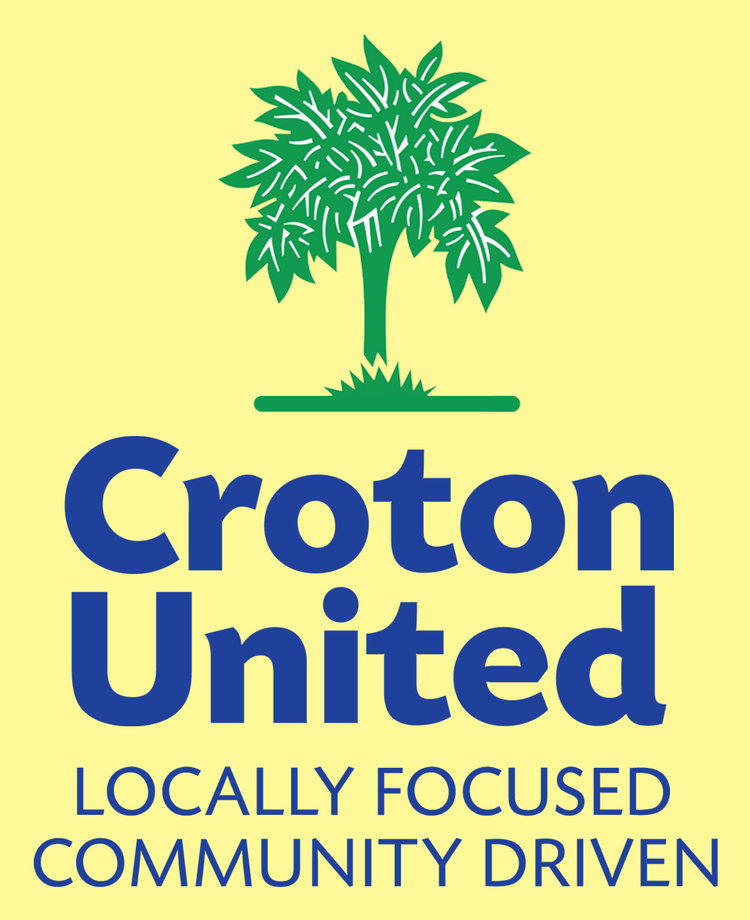The following letter was published in this week’s issue of the Gazette.
To the Editor:
We all get robocalls, and our seniors have been especially targeted by scammers. Although many people reported the calls to the Federal Trade Commission database, most of us did not. Even when the numbers were reported, little was done and the scammers just spoofed a different number. Putting your number on the Do Not Call list made no difference since scammers ignore the list.
But there is hope. This year has seen major changes including cooperation between the government and industry. There is now real-time data transmitted from the FTC to telecom providers, and so today it makes a difference if you report robocalls.
The major phone carriers are using the complaint database to not only block scammers, but also to improve their robocall detection algorithms.
Another problem is that caller ID has become useless since the scammers spoof the phone number they are using; this is why calls from overseas come up on your screen as a 914 number. The Federal Communications Commission is testing an anti-scammer technology solution (named Shaken & Stir, in a nod to James Bond), which would result in ensuring that the number that displays on your call ID is the real number.
As a result of a government competition a few years back awarding a cash prize for the company which came up with a robocall blocking solution, one of the competition winners called NoMoRobo is offering a robocall blocking program (free for VoIP, $1.99/mo for cellphones).
The new rules adopted by the FCC last November allow telecom carriers to proactively block numbers used to originate robocalls. The initial results this year have been positive, but seniors should be aware that many doctor’s offices and pharmacies use robocalls to remind patients about appointments and prescription refills. There have been instances where such calls are blocked by the new anti-robocall technology, and the FCC is working with telecom carriers to fix that problem.
The new efforts are making a positive impact in reducing robocalls and blocking scammers targeting seniors. So if you get a robocall, it now makes sense to take action. And if you know of a senior who is getting such calls, let them know to call 877-FTC-HELP or visit the FTC.gov site.
The number of robocall victims continues to rise, as does the amount lost to scams. Seniors are particularly vulnerable due to several factors. Surprisingly, the fastest-growing group of victims is the 35-54 age bracket; that group has a lot of personal information available on the internet which can be used to increase the likelihood of a scammer being successful.
By taking action ourselves, and by helping our elderly relatives and neighbors to report robocalls, we can make a difference and prevent people in our community from becoming victims.
Paul Steinberg
Croton-on-Hudson

